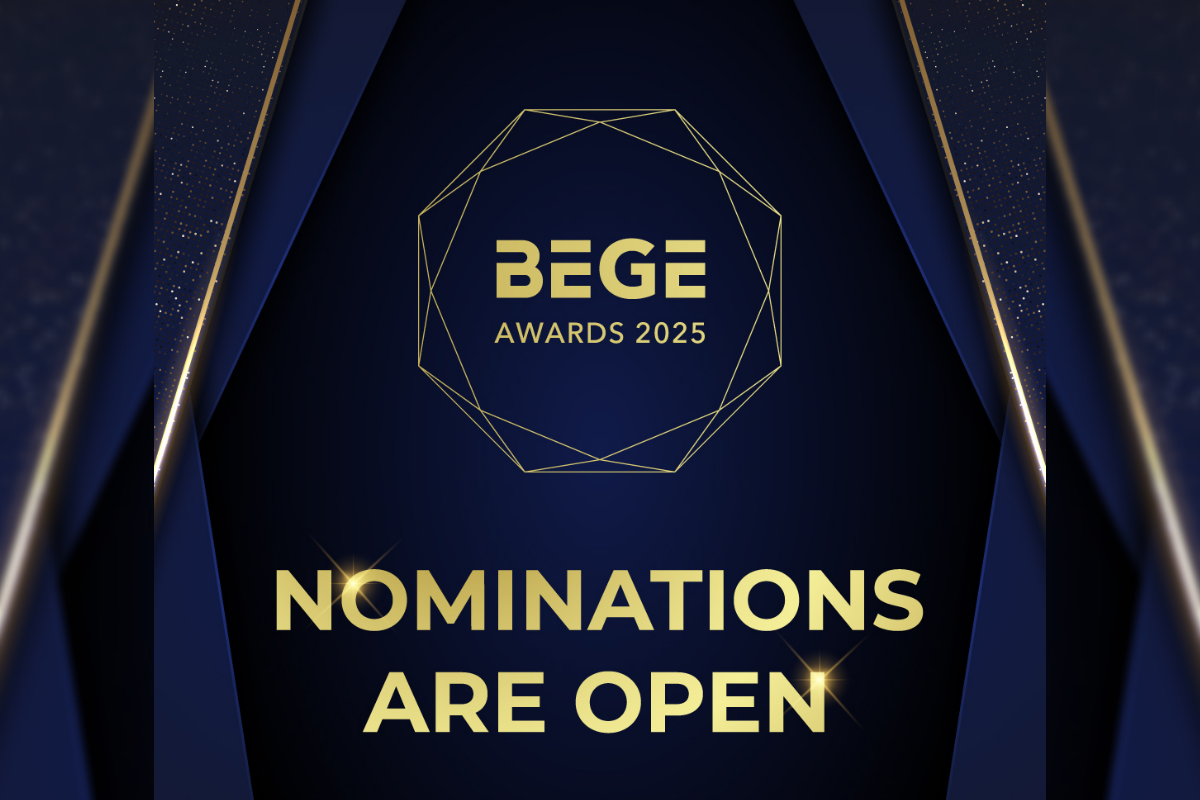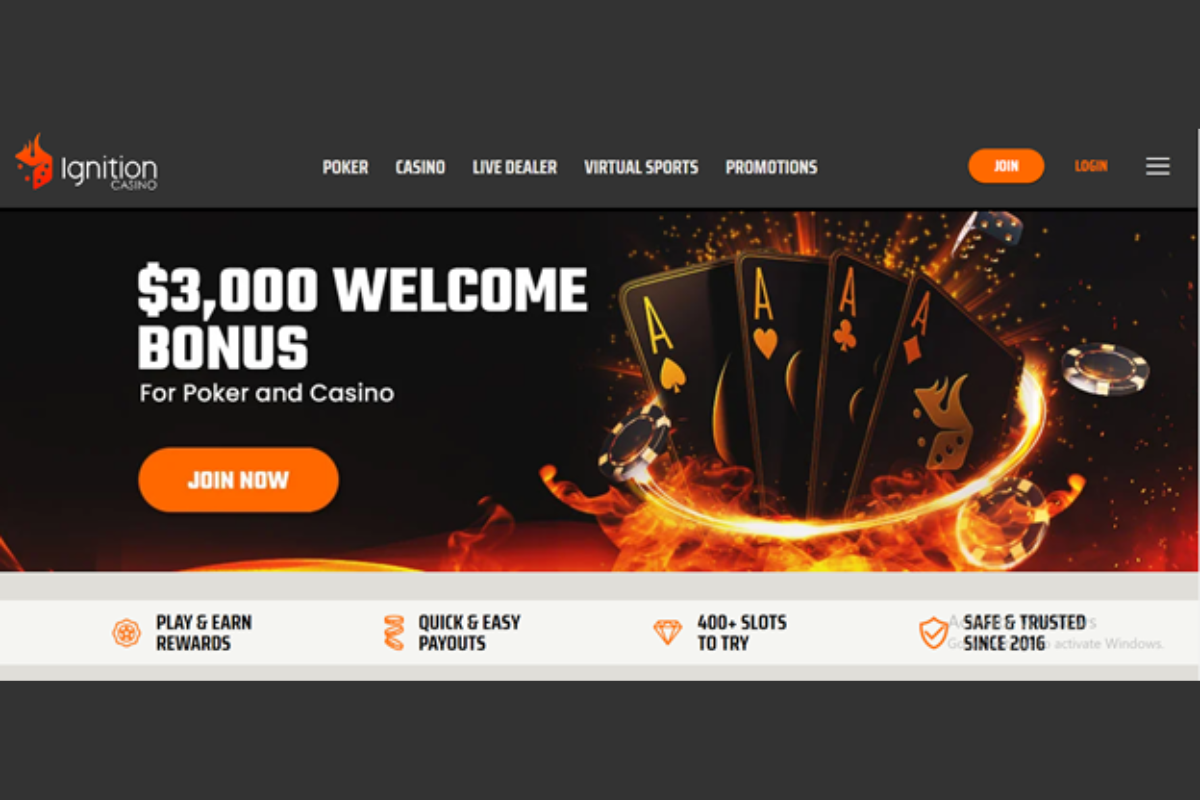Latest News
Another regulator says loot boxes are not gambling, now it’s New Zealand

As there still no clear consensus on what lawmakers think, however about loot boxes in New Zealand, the regulator has expressed and official statement.
Loot boxes are not a form of gambling, says a New Zealand government regulator. The latest government statement on the practice aligns with the contentions of the United States’ Entertainment Software Association and publishers of games that use them.
Trish Millward, of the Gambling Compliance office for New Zealand’s Department of Internal Affairs, told Gamasutra on Monday that loot boxes “do not meet the definition of gambling.”
Loot boxes, through which users acquire in-game items at random, have been heavily criticized for their influence on player progression in Star Wars: Battlefront 2, Call of Duty: WWII and other games, and for the fact users can spend real money to acquire these packs of virtual items. The controversy was hot enough that Battlefront 2 suspended the means of these kinds of sales a day before the game’s full launch last month.
Millward, a licensing compliance manager for New Zealand’s gambling compliance office, told Gamasutra that the department was aware of and monitoring the controversy regarding loot boxes. However, the practice does not fit New Zealand’s definition of gambling, under a 2003 law.
“While the payment of money for a loot box with the contents of which are determined by chance may appear to be gambling,” Millward said, “the Department is of the view that loot boxes do not meet the legal definition of gambling.”
Millward further explained that video game players “do not purchase loot boxes seeking to win money or something that can be converted into money.”
In November, after Hawaii state representative Chris Lee called Battlefront 2 “a Star Wars-themed casino designed to lure kids into spending money,” the Entertainment Software Association responded with a statement that the practice could not be called gambling.
“Loot boxes are a voluntary feature in certain video games that provide players with another way to obtain virtual items that can be used to enhance their in-game experiences,” the ESA said.
Lee and a colleague, Rep. Sean Quinlan, had said that the loot box practice should be examined and regulated under state law to shield minors from gambling. A spokesman for Electronic Arts declined to address that allegation at the time.
Days later, the U.K.’s Gambling Commission weighed in, saying loot boxes don’t fit gambling under existing law, but “the line between video gaming and gambling is becoming increasingly blurred.”
Battlefront 2 is now a month into its launch, still with no microtransactions enabled. They are expected to return but EA has given no timeframe for when. Earlier this month, Battlefront 2’s in-game currency rewards, which also had been criticized for how they slowed player progression, were increased under an ongoing program of changes that EA DICE says it will bring to the game.
-

 Interviews7 days ago
Interviews7 days agoHIPTHER Community Voices: Alieu Kamara – Founder and CTO of AmaraTech
-
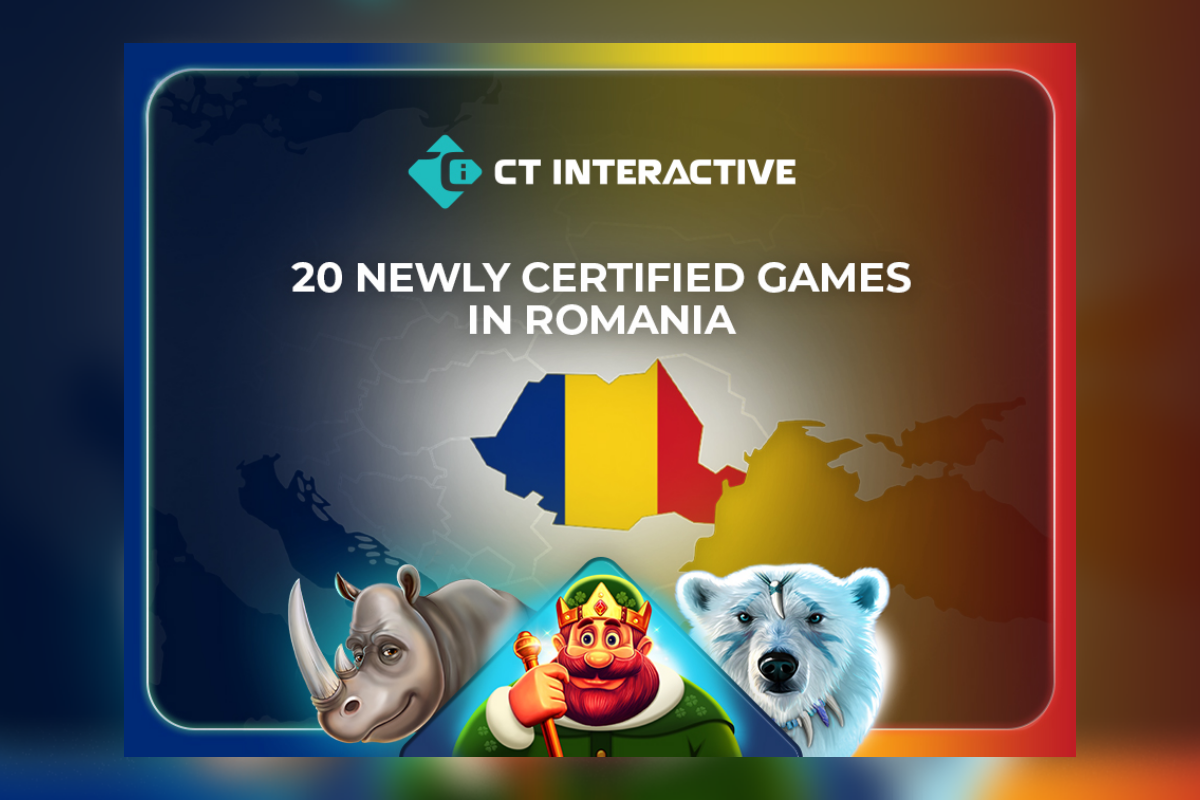
 Compliance Updates7 days ago
Compliance Updates7 days agoCT Interactive grows its certified portfolio in Romania
-

 Asia6 days ago
Asia6 days agoMetal Genesis Announces “Barrel of a Gun” Song Collab with Priscilla Abby
-

 Latest News7 days ago
Latest News7 days agoFrom gut feeling to game-changer: how AI is rewriting the rules of sports betting
-

 Latest News6 days ago
Latest News6 days agoWeek 36/2025 slot games releases
-
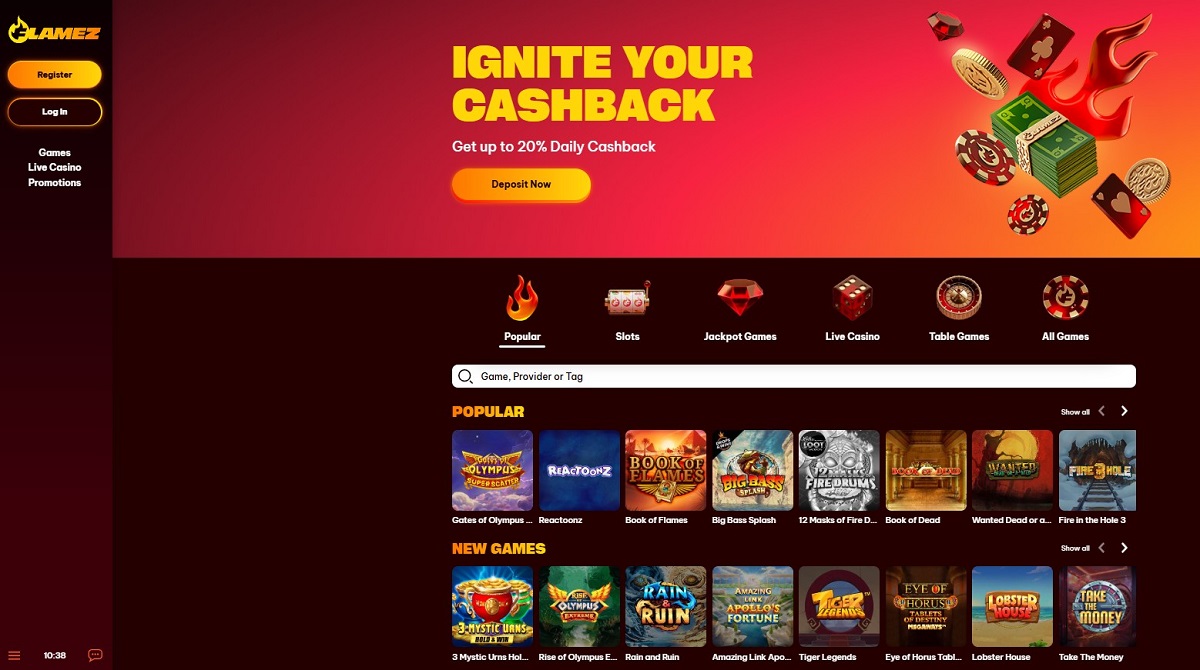
 Latest News6 days ago
Latest News6 days agoFlamez – A Fiery New Online Casino Contender from Ganadu
-

 Latest News7 days ago
Latest News7 days agoProgressPlay to Unveil Standalone Platform Upgrades at SBC Summit 2025
-
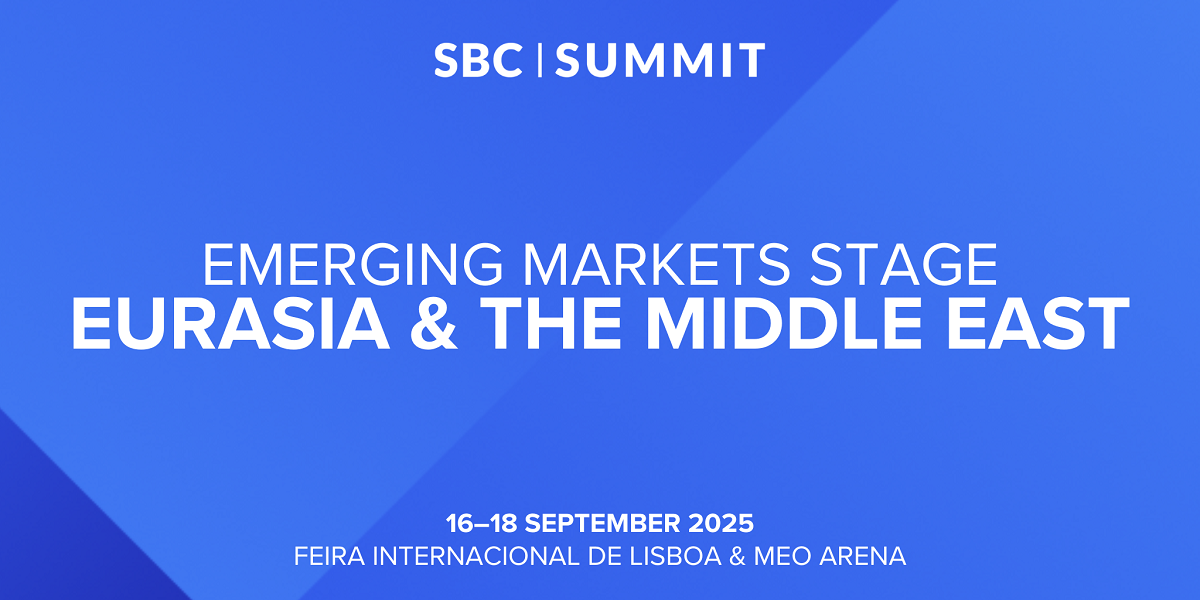
 Conferences in Europe6 days ago
Conferences in Europe6 days agoEurasia and the Middle East in Focus at SBC Summit 2025 Emerging Markets Stage









